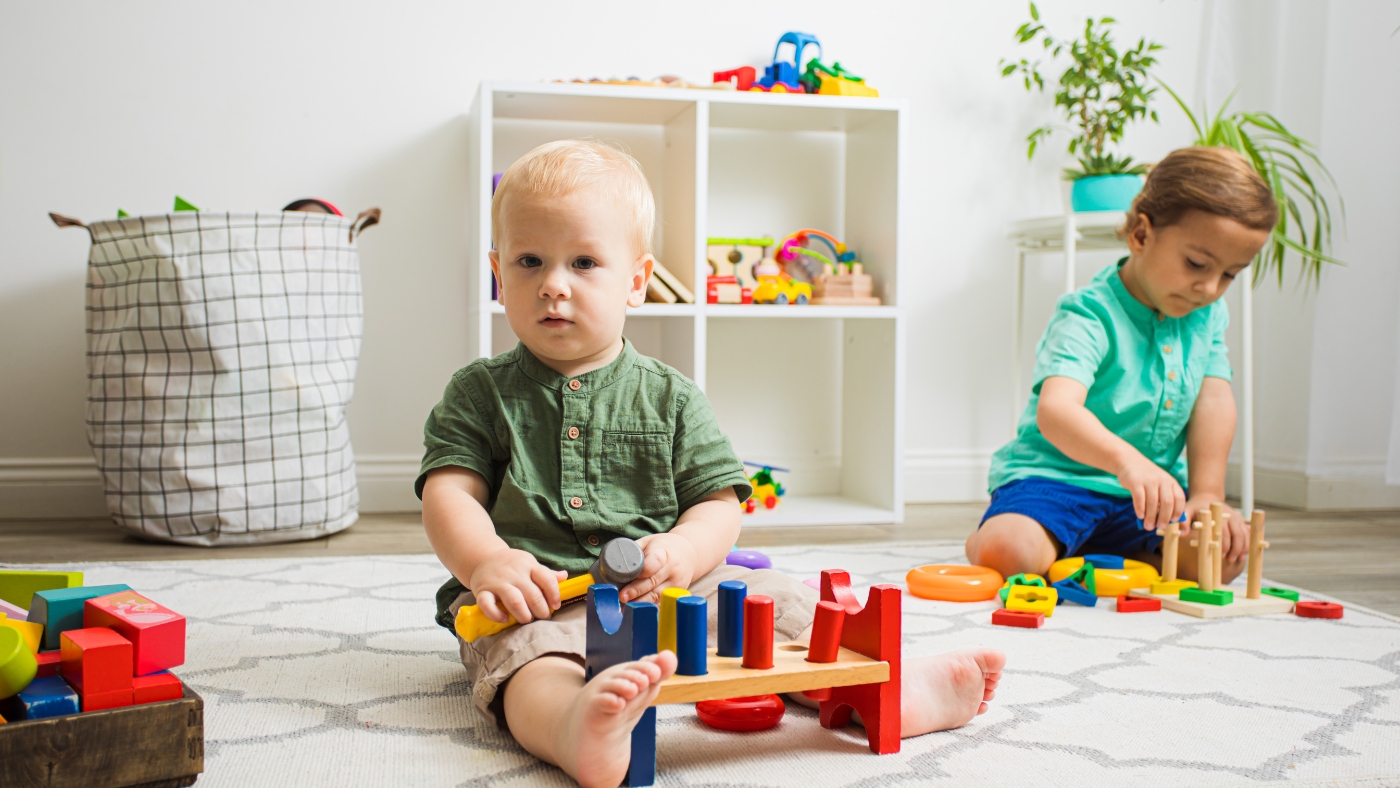
Logic and problem-solving skills are essential for children’s cognitive development and future success. Montessori education recognizes the importance of fostering these skills through hands-on learning experiences.
Montessori logic and problem-solving toys engage children in exciting challenges that promote critical thinking, spatial reasoning, and perseverance. In this blog post, we will explore the world of Montessori logic and problem-solving toys and discuss how they can inspire young minds to develop their problem-solving abilities while having fun.
Shape-Sorters: Developing Spatial Awareness and Classification Skills
Montessori shape-sorters are classic toys that engage children in spatial reasoning and classification. These toys typically consist of a box or board with various openings and corresponding geometric shapes. Children must identify the shapes and match them to the correct openings, promoting logical thinking, hand-eye coordination, and problem-solving skills.
Benefits of Shape-Sorters
Spatial Awareness
Shape-sorters help children develop an understanding of spatial relationships as they manipulate the shapes to fit into the correct openings.
Classification Skills
By sorting and matching the shapes, children enhance their ability to classify objects based on their attributes, such as shape and size.
Problem-Solving
Shape-sorters present children with challenges that require problem-solving and critical thinking to find the right fit for each shape.
Fine Motor Skills
Manipulating the shapes and coordinating their movements to fit them into the openings improves fine motor skills and dexterity.
Puzzles: Engaging Minds in Problem-Solving Challenges
Montessori puzzles come in various forms, from simple jigsaw puzzles to more complex brain teasers. These puzzles stimulate children’s problem-solving abilities, visual-spatial skills, and logical thinking. As children manipulate the puzzle pieces and work towards completing the picture or solving the problem, they develop perseverance, concentration, and a sense of accomplishment.
Benefits of Puzzles
Problem-Solving Skills
Puzzles provide children with opportunities to analyze, strategize, and solve problems independently.
Visual-Spatial Skills
As children piece together puzzle pieces, they enhance their visual perception, spatial awareness, and ability to recognize patterns and shapes.
Concentration and Focus
Engaging in puzzle-solving requires sustained attention and concentration, promoting focus and attentiveness.
Patience and Perseverance
Completing a puzzle can be a challenging task, teaching children patience and the importance of persistence in overcoming obstacles.
Montessori logic and problem-solving toys offer young minds the opportunity to engage in exciting challenges while developing essential cognitive skills. Shape-sorters foster spatial awareness and classification abilities, while puzzles stimulate problem-solving, visual-spatial skills, and perseverance.
By incorporating Montessori logic and problem-solving toys into playtime, parents and educators can inspire children to think critically, explore solutions, and embrace challenges. These toys not only develop important cognitive skills but also nurture qualities such as patience, concentration, and resilience.
Let problem-solving become a joyful and rewarding experience for your child through the wonders of Montessori logic and problem-solving toys. Watch as they tackle challenges, overcome obstacles, and develop a lifelong love for learning and problem-solving. Embrace the power of play to shape young minds into confident, analytical thinkers who are ready to face the complexities of the world.



